Gascade Converts Pipelines for Alternative Marine Fuels
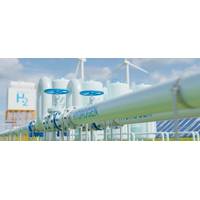
German gas grid operator Gascade on Thursday said it has converted a 400 km (249 miles) high-pressure pipeline to transport low-carbon hydrogen southwards from the Baltic Sea as part of a European core network to ship alternatives to fossil fuel.New hydrogen pipelines, or conversions of existing ones, will serve to help meet European Union goals of net zero emissions by 2050, with the Ukraine war…
Equinor Explores Role in Germany Gas Plant Capacity Expansion

Norwegian energy producer Equinor is looking at options for participating in a planned German gas-fired power plant tender but requires more detail before making any decision, a senior executive said on Tuesday.Germany plans to tender eight gigawatts (GW) of new gas-fired power plant capacity next year, with a further 2 GW to be offered in 2026 and 2027 to strike a balance between decarbonisation and backing up intermittent renewables."We have had, and are having, conversations with actors
German LNG Terminals Seek to Replace Russian Gas Pipelines
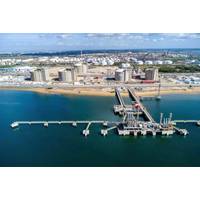
Germany is putting into operation natural gas import terminals as part of efforts to replace piped Russian gas following Moscow's invasion of Ukraine in 2022.Its first move has been to deploy floating storage regasification units (FSRUs) to receive seaborne LNG, while long-term it is planning shore-based facilities to import and produce ammonia and green hydrogen.Here are details of the latest developments:MUKRANThe terminal on Ruegen island in the Baltic Sea, operated by private firm Deuts
Germany Looks to Meet European Demand with Canadian LNG
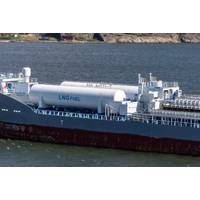
German companies are looking to buy and swap Canadian LNG cargoes shipped off the Pacific coast to help meet European demand, Canada's Energy and Natural Resources Minister Tim Hodgson said on Wednesday.Canada, the world's fifth-largest natural gas producer, shipped its first-ever liquefied natural gas export cargo in June from the recently constructed LNG Canada facility in British Columbia, which…
Slow Wind Conditions Curb Generation in Germany
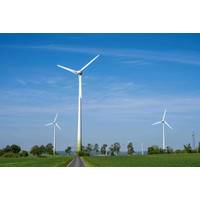
Renewable energy accounted for 54.5% of Germany's power consumption in the first six months of the year, down 2.7 percentage points from a year earlier, as slow wind speeds curbed generation, data showed on Tuesday.Germany has boosted its green power capacity as it seeks to shift towards a low-carbon economy and hit a political goal for renewables to account for 80% of consumption by 2030.It also needs renewable generation to fill the gap after it halted its imports of Russian gas in respon
Most G7 Members Ready to Lower Russian Oil Price Cap Despite US Engagement
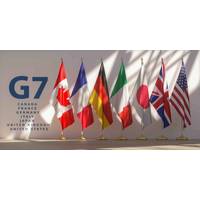
Most countries in the Group of Seven nations are prepared to go it alone and lower the G7 price cap on Russian oil even if U.S. President Donald Trump decides to opt out, four sources familiar with the matter said.G7 country leaders are due to meet on June 15-17 in Canada where they will discuss the price cap first agreed in late 2022. The cap was designed to allow Russian oil URL-E to be sold…
Germany Preps for More FSRU Vessels
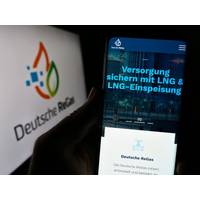
Germany is expanding its natural gas import options to replace Russian supply. Following are updates on key facilities and terminals being developed to host floating storage regasification units (FSRUs) to receive seaborne liquefied natural gas (LNG). Plans also include shore-based regasification terminals and facilities to import and produce ammonia and hydrogen.STADEState-owned Deutsche Energy…